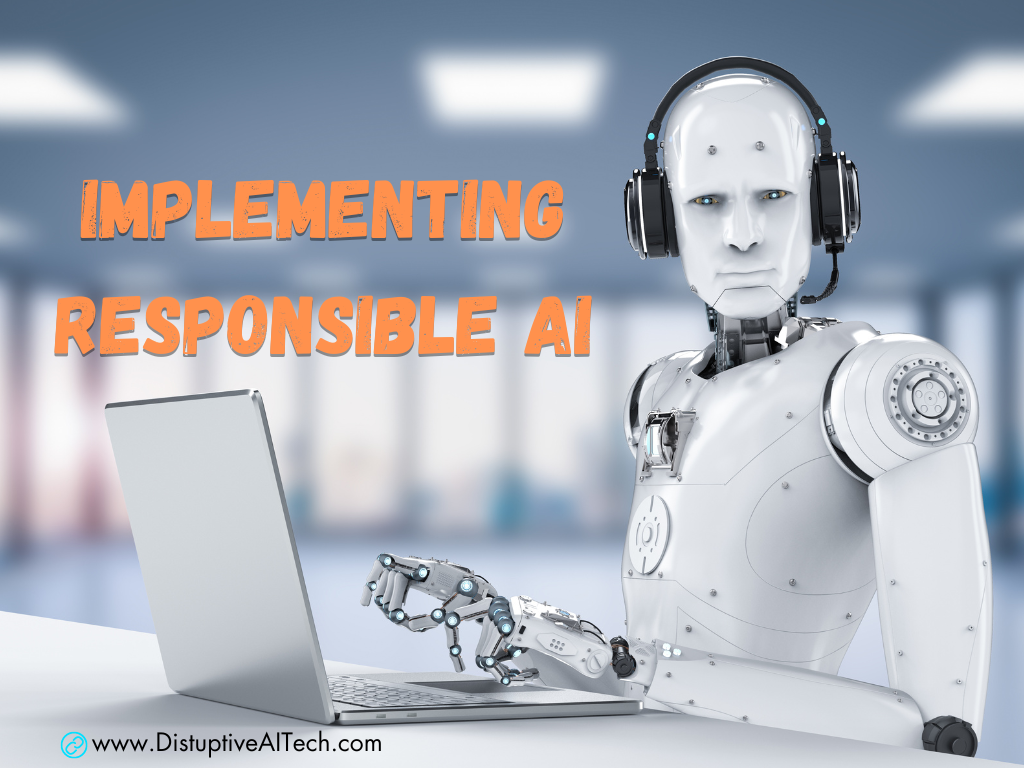
Technological innovations are commonplace today. Humanity has continuously pushed the limits of what is possible, from the creation of the wheel to the growth of the internet. Artificial intelligence (AI) has become one of the most revolutionary topics in recent years, and its innovations are in fact unique from those of other sectors of technology. This blog post will examine the distinctive qualities that distinguish achievements in AI and the significant ramifications they have for the future.
Adaptation and Learning
AI’s capacity to learn and adapt might be its most distinguishing feature. Traditional technologies generally follow predetermined protocols and standards, demanding human involvement for improvements. On the other hand, AI uses machine learning techniques to analyze data and enhance its performance over time. Because of their adaptability, AI systems have the potential to constantly improve and develop, making them much more dynamic than technology solutions that remain static.
Human-like judgment
Another important differentiator is the ability of AI to replicate human-like decision-making. In contrast to other technologies, which can automate procedures and carry out tasks effectively, artificial intelligence (AI) systems are capable of making sophisticated judgments based on extensive data analysis, sometimes exceeding people in particular tasks like picture identification, natural language processing, and even medical diagnosis. This ability to make decisions similarly to humans offers up a variety of possibilities in industries including healthcare, finance, and autonomous cars.
Independent functionality
The advancements in AI frequently result in fully autonomous systems that can make judgments in the present without human intervention. Self-driving cars, for instance, utilize AI algorithms to navigate, sense their environment, and react to shifting road conditions. This independence from human control or supervision is a distinguishing feature that sets AI different from many other technologies.
Transfer Learning and Generalization
Transfer learning is the idea that AI may generalize information from one activity or domain to another. This implies that an AI system that has been taught in one field can use the skills it has learned to address issues in a different but connected one. AI can use prior knowledge to quickly adapt to new difficulties, making it very versatile. Traditional technical improvements frequently require a different development process for each individual use case.
Scalability
Another feature that sets AI apart from other technologies is its scalability. In contrast to humans or conventional computers, AI models and algorithms can be scaled up to handle enormous datasets and carry out computations quickly. AI is ideal for jobs like data analysis, content recommendation, and even scientific research.
societal and ethical ramifications
Innovations in AI also have a distinctive set of societal and ethical ramifications. The relevance of issues related to accountability, responsibility, and moral judgment is growing as AI systems become more independent and sophisticated. In many other technological developments where, human agency is more clearly defined, these factors are not as dominant. The learning and adaptability of AI developments, human-like decision-making, autonomy, generalization, scalability, and the ethical and societal questions they bring set them apart from other technical advances. These features make AI a game-changer in a number of industries and a subject of heated discussion and interest among academics, decision-makers, and the general public. Our environment will surely change as AI develops in ways we have only just begun to conceive.


